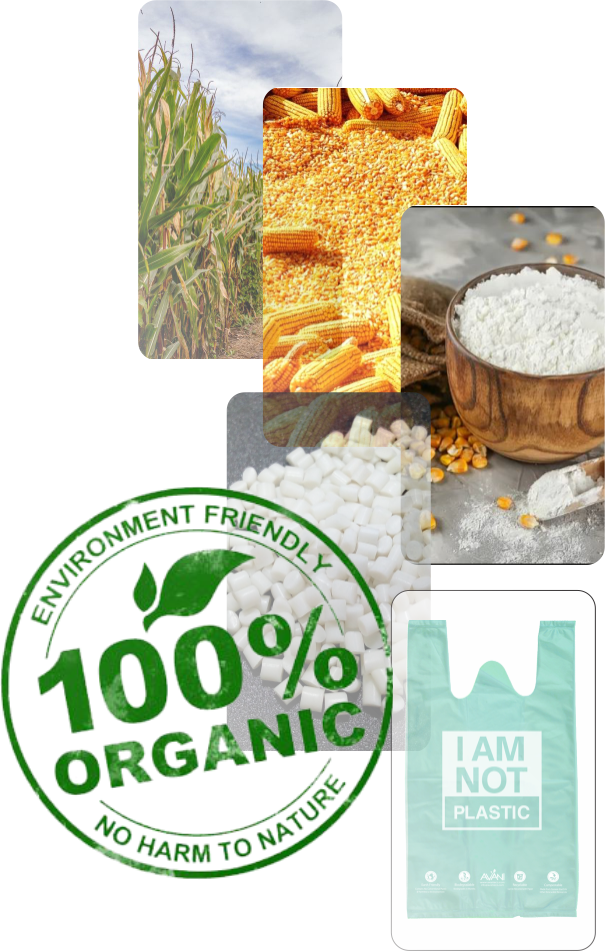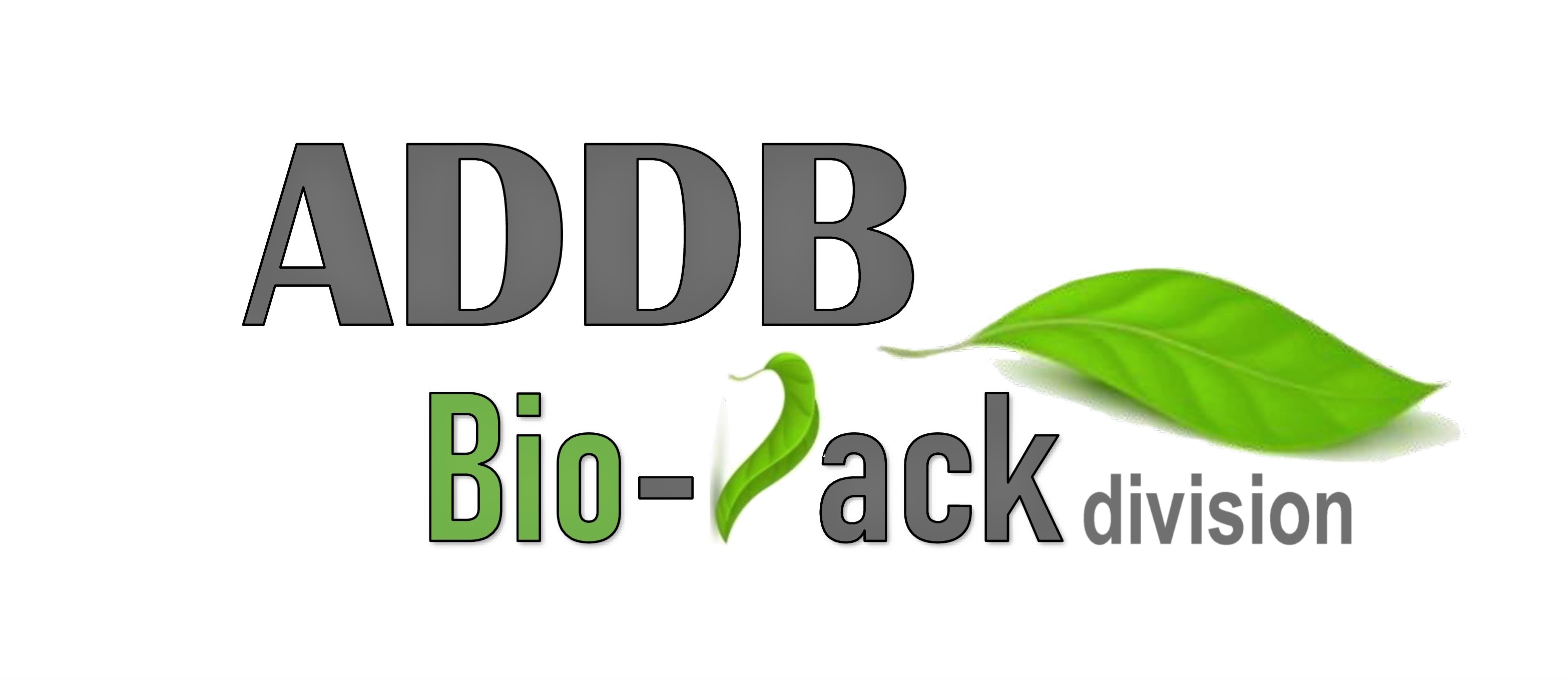
We offer
A multitude of Biodegradable & Compostable products that may be customized with your company's logo.





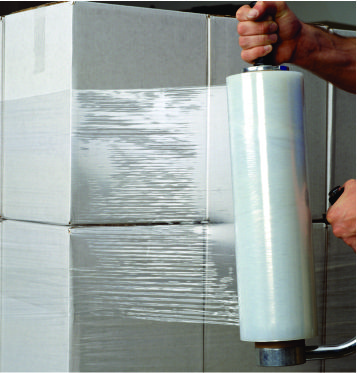
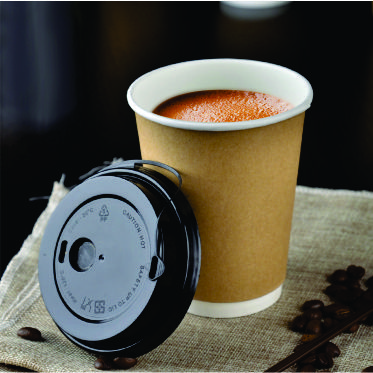
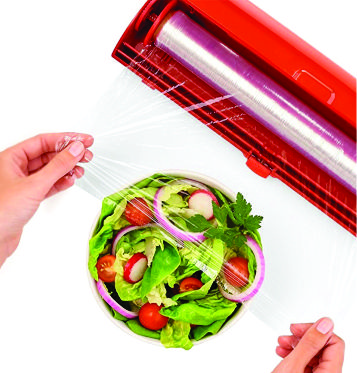
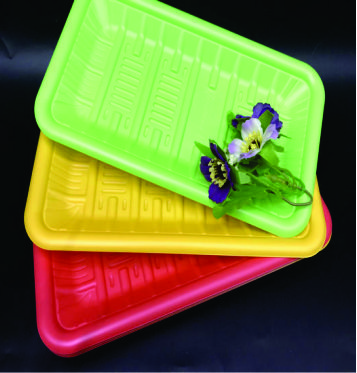
Nous offrons
Une multitude de produits Biodégradables et Compostables qui peuvent être personnalisés avec le logo de votre entreprise.
info@addb-bio.com

PLA-EN
What Are Corn Starch Biocompostables aka PLA „Plastics”?
Traditional plastic is made from petroleum products or from natural gas. The production of plastics involves all kinds of chemicals, some of which have raised health concerns among consumers. The other problem is that these type of plastics do not biodegrade! and they are made with a non-renewable resource: petroleum. There are just lots of environmental and health concerns associated with conventional plastics.
Thankfully, there are now biocompostable „plastics” made from renewable, biodegradable CORNSTARCH! In fact, you’ve probably already seen them. Have you ever used a plastic cup and noticed the text made from corn? Then, you’ve used corn starch biocompostables!

Awesome Shortcodes
Woo Commerce
Retina Ready
Pixel-Perfect Design
Fully Responsive
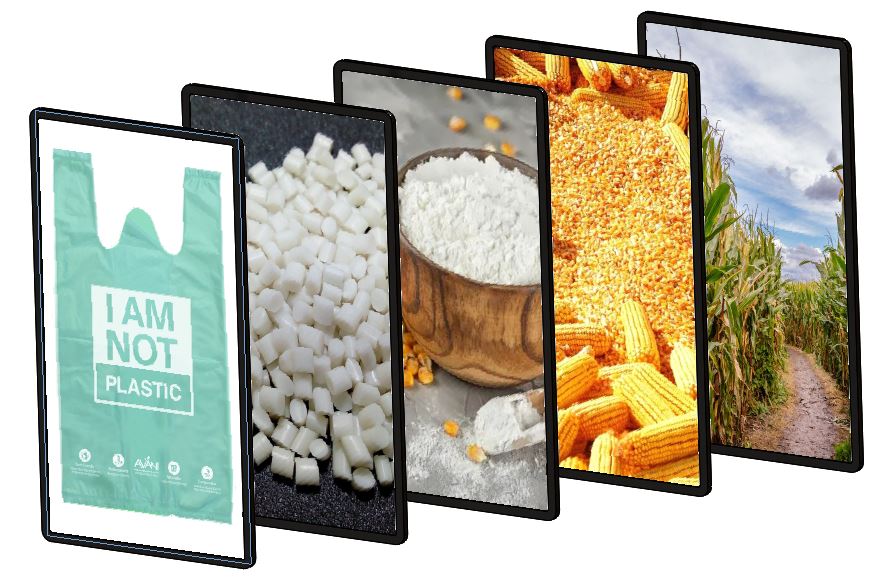
How Are Corn Starch Biocompostables Made?
As the name implies, corn starch biocompostables are made from corn starch. The starch is converted into a polymer, the main ingredient in materials that have a plastic-like feel. The plastics can be clear or opaque, soft or hard. A kind of acid called polylactic acid (PLA) is made from the corn starch. This is why corn starch biocompostables are sometimes called PLA “plastics”.
PLA “plastics” are molded the same way conventional plastic is. They can be molded, extruded, or shaped by heating and cooling (thermal shaping).

How Are Corn Starch Biocompostables Made?
Biocompostable “plastics” are called so because they are a step beyond just biodegradable. For a “plastic” to be considered biocompostable, it must meet certain criteria. For instance, it must decompose at the same rate as paper, and it must break down into harmless material such as water, carbon dioxide, or biomass (organic matter).
Biocompostable “plastic” must not produce any toxic substances as it decomposes. It must also break down to the point that it cannot be discerned or filtered out of the surrounding compost. PLA “plastics” are not to be recycled. They must be composted.
The Benefits of Corn Starch Biocompostables
-
No toxic chemicals associated with conventional plastic (such as polyvinyl chloride or dioxin)
-
Can be disposed of in your home compost pile
-
Eco-friendly (made from a renewable resource and less wasteful)
-
Durable
-
Especially well-suited for cold applications, such as in the freezer (this is good news, since chemicals from conventional plastic tend to leach into food when frozen)
-
Corn allergies are not an issue since the allergen, profilin, is destroyed in the manufacturing process.
-
PLA “plastic” does not take as much energy to produce than other plastics, therefore is a better alternative in energy consumption.
Learn more
